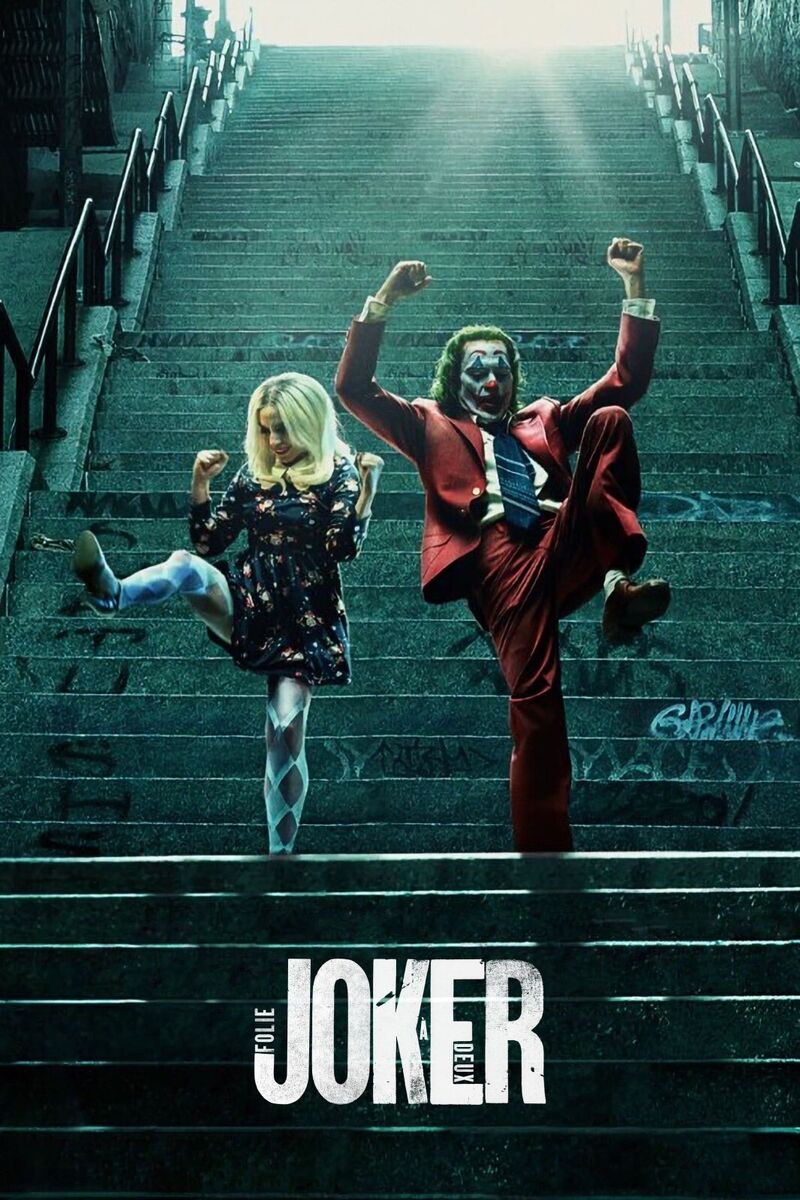A dystopian society where everyone dresses in monochrome. An angsty teenager with a quirky name. An unshakable desire to rebel, cause an uprising, and endanger one’s life for a noble cause. A forbidden love.
The themes and plotlines of the movie “Divergent” are nothing new. They’re just another example of that trendy teen-oriented dystopian fiction genre, epitomized by the Hunger Games trilogy and exhausted by countless young-adult authors.
Despite some interesting aspects, “Divergent” fails to stand out from the crowd—its plot is enjoyable but formulaic, and its message is positive but unoriginal.

“Divergent” takes place in a post-apocalyptic Chicago. Every resident of the city is assigned to one of five “factions” based on a virtue—the Erudite faction values intelligence above all, the Candor faction truth, the Abnegation faction selflessness. Each teenager goes through a coming-of-age ceremony to pick the faction in which they will live their adult life.
The movie’s protagonist, Tris Prior (Shailene Woodley), has grown up in Abnegation, but she longs to be part of the decidedly more bad-ass Dauntless faction. Members of Abnegation help the poor and look like they stepped out of a Free People catalog—members of Dauntless jump off trains, wear black leather clothing, and run through the city in packs.
When the time comes for Tris to choose her faction, she is conflicted between staying with her family or joining Dauntless. Her choice is further complicated when she takes a personality test and finds that she does not have the clear-cut personality that would place her one faction, making her a divergent.
In a decision that surprises her parents but doesn’t surprise the audience, Tris joins the Dauntless faction during her choosing ceremony.
As she begins the initiation and training procedures for her new faction, Tris is faced with a few dilemmas—how to mitigate the rising tensions between factions, how to hide the fact that she is a divergent from authorities who only support conformity, and how to catch the attention of Four (Theo James), her handsome and mysterious Dauntless mentor.
The plot of the movie is interesting, but it unfolds slowly. I found myself getting bored by the drawn-out scenes of Tris hanging out with her Dauntless friends and looking longingly at Four.
One of the more disappointing aspects of the movie was the frequency with which new ideas were introduced, presumably leading to new plot lines, before being totally dismissed. What is Tris’ mother’s dark secret? What lies beyond the wall that surrounds the city? These questions fall to the wayside as quickly as they are breached, as Tris searches for the solution to a more important conundrum: how can she seduce Four?
Secrets are told, characters’ pasts are revealed, Tris gets a seemingly-symbolic tattoo. Soon forgotten, these tangents carry no relevance in the larger plot. The disjointed storylines make the movie hard to follow.
During the latter part of the movie, when the action begins to pick up, I found myself getting frustrated that Tris’ hair, makeup, and stylish clothes were immaculate after she had just fought in a revolution.
The outwardly obvious message that “Divergent” portrays—that it’s okay to fit into multiple factions instead of just one, that everyone has the ability to get along despite their differences—is uplifting but not profound. And the protagonist never has the moments of introspection that could empower her to truly embrace her unique personality.
The “Divergent” plot holds great promise to convey messages about the perils of conformity and the advantages of collaboration across diverse peoples. Unfortunately, the movie fails to explore these ideas, opting to give more screen time to the developing love between Tris and Four instead.
“Divergent” is a formulaic movie with some interesting concepts, though its fragmented plot leads to more questions than answers. It’s just another dystopian tale with a shallow message, and it fails to stand out.






